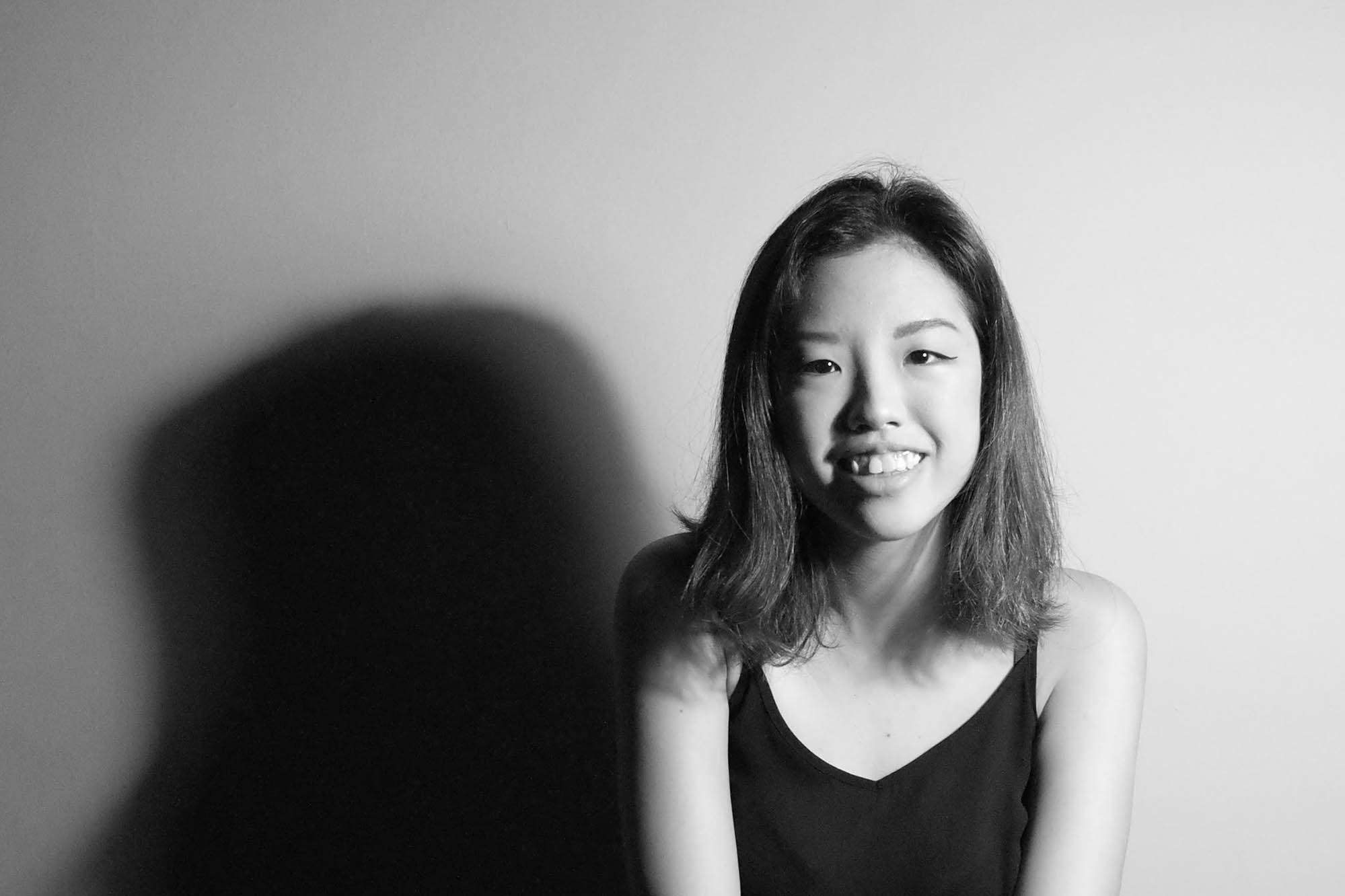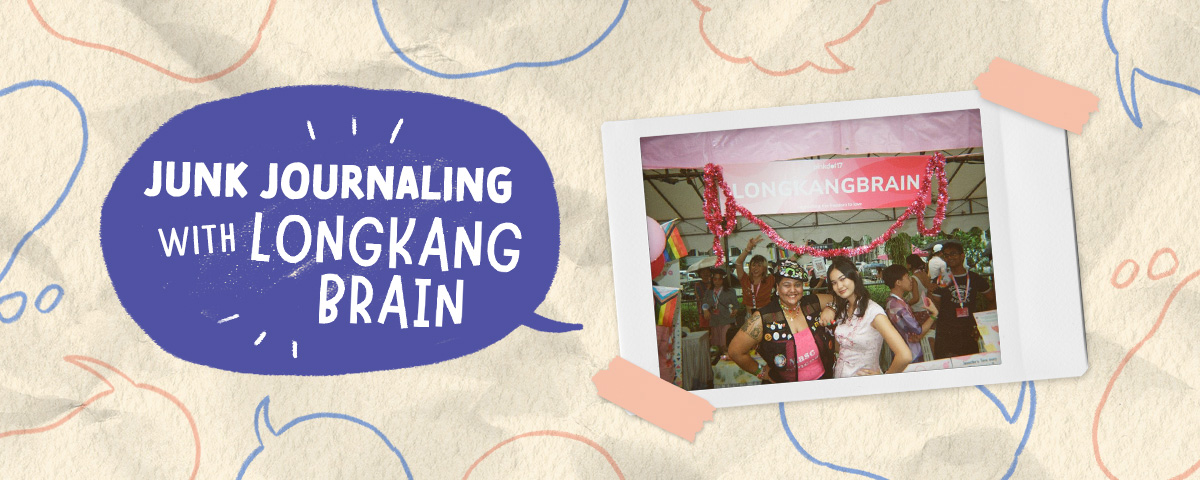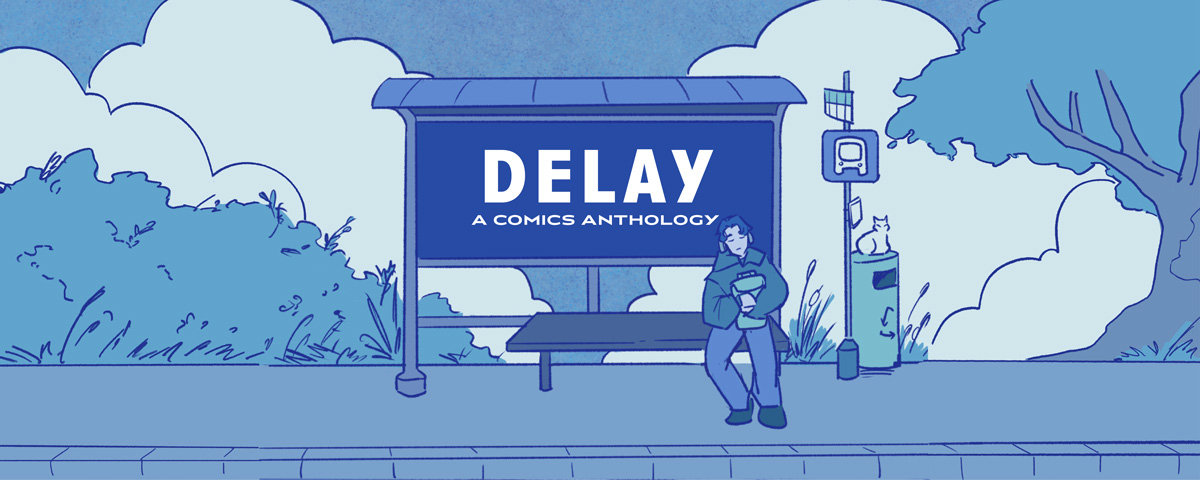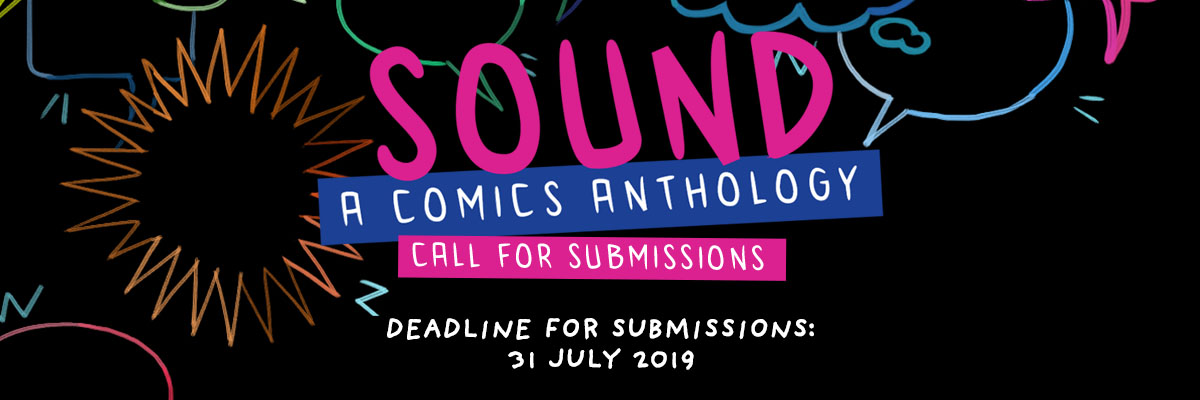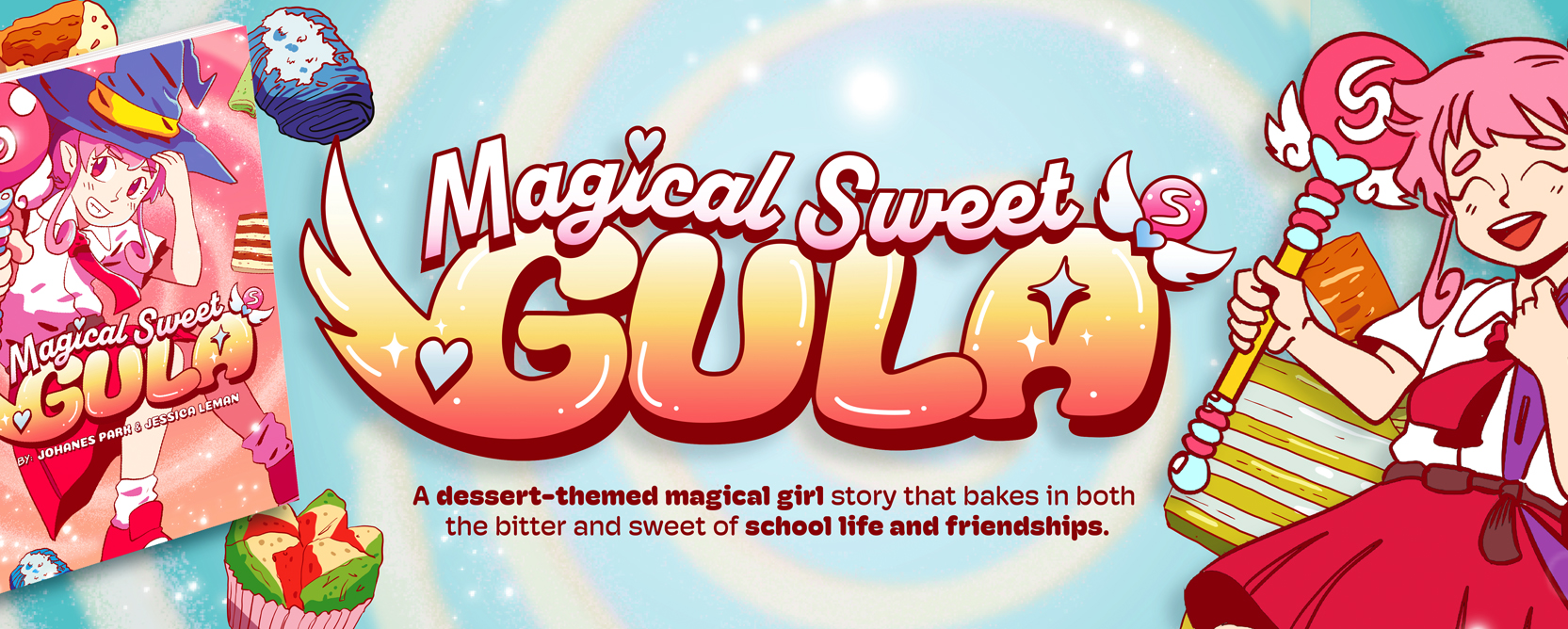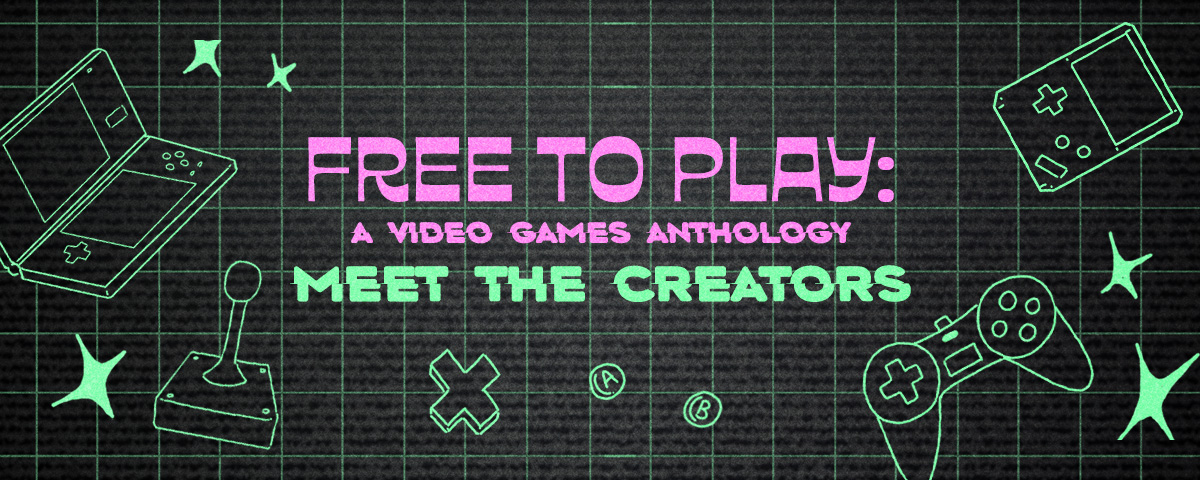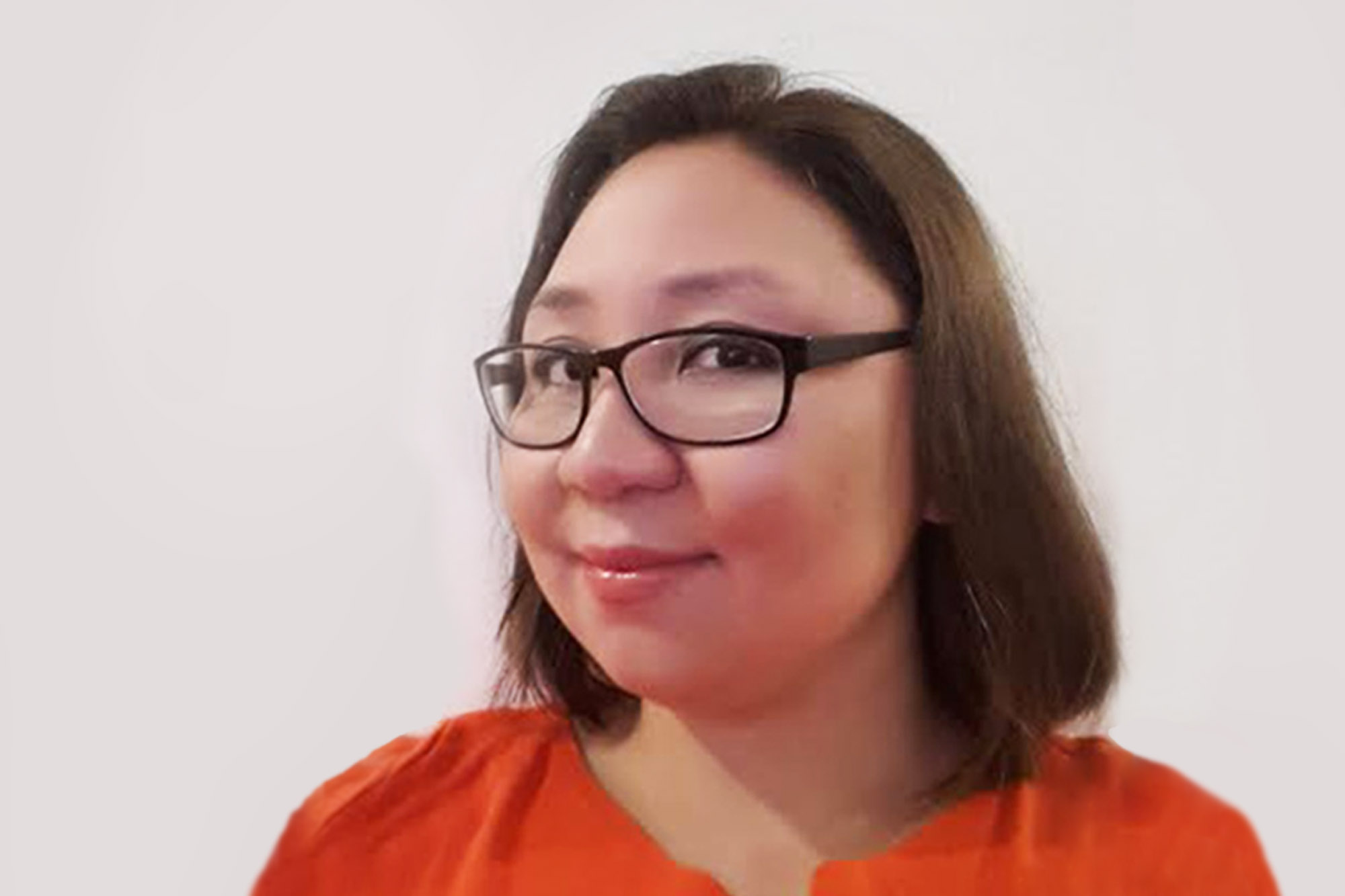Gina Chew may be young, but she’s had a decade of practice in writing. The NUS English Literature graduate has her debut play “Permanence” staged in 2017 as part of a theatre festival for emerging playwrights. We’re delighted to share our conversation about how her creative process translates from stage plays to films and, most recently, her first attempt at comics. Gina has teamed up with illustrator Foo Swee Chin and the duo will be embarking on a lighthearted comics about life beyond death titled Afterlife.
Why did you choose playwriting as your primary medium of expression?
Gina: It all started out as a class assignment when I was about 15. I suppose before that I’ve always tried to tell stories, and being introduced to playwriting suddenly opened up a new way of exploring relationships and people and the choices they make. I ran with it and wrote my first story about a girl and a guy falling in love on a train to nowhere and 10 odd years later, here we are! So, you know—do your homework, guys!
Your play “Permanence” has been praised for having witty lines that sound great when spoken. How do you hone your ear for dialogue?
Gina: Honestly, this is still something I’m working on. I don’t really have a fixed process, but sometimes I overhear a conversation in public that makes me laugh, or I realise something bizarre that is part of our lives but never occurred to me before. Sometimes I draw it from people I know, sometimes it just all made up.
When I do get down to writing, I make sure to read it out in character the best I can (I’m really not an actor but I’ll try) and make sure the lines flow properly and realistically. I believe plays are fundamentally about people, so sometimes we just need to listen.
We are really impressed that you have been writing plays for a decade. Did you find that you can transfer some of what you learn to film and comics writing too?
Gina: Yes, definitely. Playwriting and studying English literature has made me try to be curious about things around me, and constantly question if it can be understood from a different perspective. I try to live by something Robert Bresson said: “Make visible what, without you, might perhaps never have been seen.” A lofty statement for sure, but I try my best to keep it in mind. This is wildly important to any form of creative writing, I think.
I am, however, coming to see differences in films, comics, and plays in my writing process, and I appreciate them all differently for their various potential. While all three mediums allow for any world to spring forth, I would say I’m really enjoying how comics can visually translate the world you have built with virtually no boundaries. It’s pretty exciting.
Theatre can often be an avenue for discussing difficult issues that people don’t really want to talk about and your plays do that for the audience. Would you be doing that for your comics too?
Gina: I hope so! This is one of the main reasons why I want to write stories. I do understand that there are many intricacies with tackling issues that are difficult, and it certainly requires a lot of sensitivity and patience on the writer’s part because it’s an important job to do. The foundation of every work is always asking yourself what story you want to tell, and spring off from there. Sometimes it gets messy along the way, but I try to let this guide me.
How does your background/culture/experiences influence your writing?
Gina: I draw a lot from the people around me, in my life or in passing, the content I immerse myself in, and even my own life experiences. I’m at a stage where I write best about what I’ve experienced and so all these really come together in a messy, honest, (sometimes) ugly entity that I attempt to shape into a story that I can tell best.
What is your research process like and how do you turn that into good stories?
Gina: Sometimes I look at larger themes and work inwards to draw the story out from there. Other times I start out with an exact scene in my head and see how it fits into a bigger narrative. I don’t think I have an exact research process per se, it’s really just about finding out things when you’re unsure, bouncing ideas off people, or exploring certain visuals you want in your scene and seeing what emotions and words it invokes in you and then running with it. It’s not a neat process!

